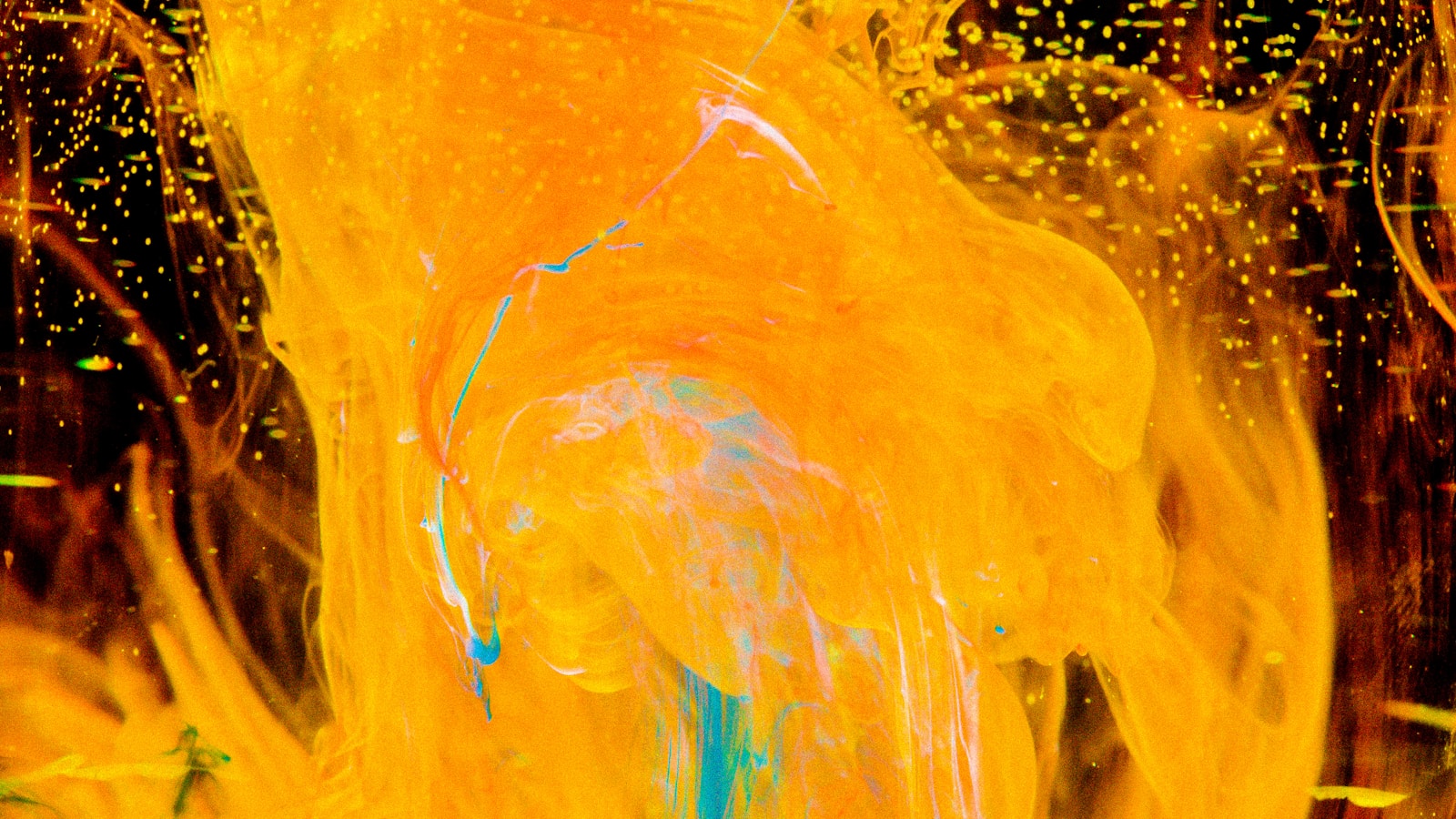
混合物
hùnhéwù

mixture
The Chinese term '混合物' is used to describe a combination of different things. In English, this is translated to 'mixture'. This word can be used in various contexts such as chemistry to describe the blending of different substances, or in cooking to describe different ingredients combined together.
Example sentences using: 混合物
混合物是液体还是固体?
hùnhéwù shì yètǐ háishì gùtǐ?

Is the mixture a liquid or a solid?
This question is about the physical state of the mixture, whether it is a liquid or a solid.
混合物的成分是什么?
hùnhéwù de chéngfèn shì shénme?

What are the components of the mixture?
This question asks about the different elements or ingredients that make up a specific mixture or compound.
这是一种混合物。
zhè shì yī zhǒng hùnhéwù.

This is a mixture.
This sentence refers to the subject being a type of mixture or compound.
他创造了一种新的混合物。
tā chuàngzào le yī zhǒng xīn de hùnhéwù.

He created a new mixture.
This sentence describes someone inventing or creating a new type of mixture.
这种混合物可以储存。
zhè zhǒng hùnhéwù kěyǐ chǔcún.

This kind of mixture can be stored.
The sentence talks about a mixture that can be stored for future use without degrading.
混合物需要被分离。
hùnhéwù xūyào bèi fēnlí.

The mixture needs to be separated.
This sentence indicates that the components of the mixture need to be separated from each other.
混合物在哪里制成的?
hùnhéwù zài nǎli zhì chéng de?

Where was the mixture made?
This question asks about the location where the mixture was produced or created.
混合物具有特殊的性质。
hùnhéwù jùyǒu tèshū de xìngzhì.

The mixture has special properties.
This sentence describes a mixture that possesses distinctive or unique characteristics, probably differentiating it from other mixtures.
这种混合物很稳定。
zhè zhǒng hùnhéwù hěn wěndìng.

This mixture is very stable.
This sentence is describing a mixture that remains in a consistent or stable state without experiencing significant changes.
混合物在实验中被使用。
hùnhéwù zài shíyàn zhōng bèi shǐyòng.

The mixture is used in the experiment.
This sentence indicates that the mixture is used during an experiment, likely as a part of the experimental procedure.